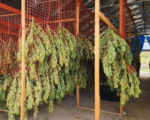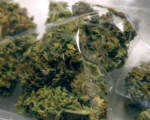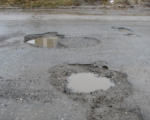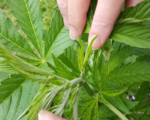Maryland regulators are gearing up to enforce strict cannabis laws, shutting down unlicensed sales of intoxicating hemp products like delta-8 THC. This move follows a key court ruling that could reshape the state’s market. What does it mean for retailers and buyers? Dive in to find out the details shaking up the industry.
Court Ruling Shuts Hemp Loophole
Last week, Maryland’s Appellate Court made a bold decision. In a 72-page opinion released on September 9, 2025, the court ruled that hemp-derived products like delta-8 and delta-10 THC have never been legal outside licensed cannabis dispensaries. This ends what many called a “hemp loophole” that let smoke shops and vape stores sell these items freely.
The ruling came from a lawsuit by hemp operators challenging the state’s 2023 cannabis law. That law requires a marijuana license for selling any THC products that get you high. Judges said these hemp items fall under cannabis rules, no exceptions. Now, only licensed spots can sell them.
This affects hundreds of businesses. Many relied on federal hemp laws from 2018, which allow low-THC hemp. But Maryland says if it’s intoxicating, it’s cannabis, period.
The court upheld the state’s licensing system. Hemp sellers must now get a cannabis license or stop selling these products.
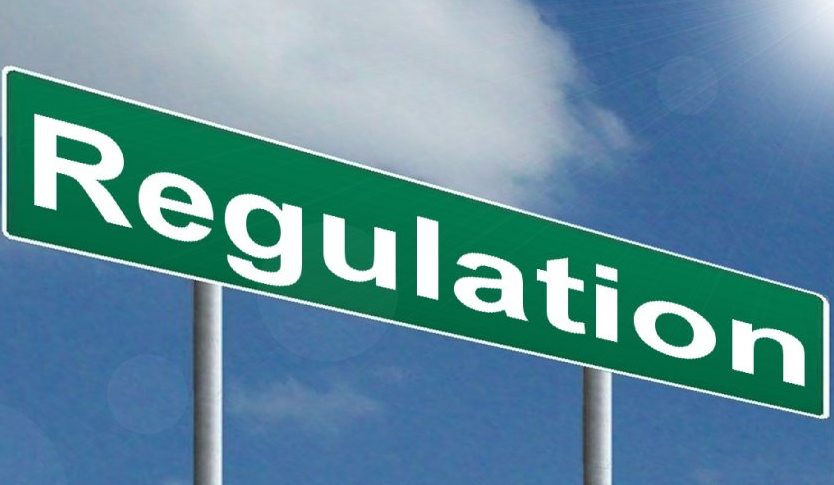
Regulators Step Up Enforcement
The Maryland Alcohol, Tobacco and Cannabis Commission (ATCC) didn’t waste time. On September 12, 2025, they sent a clear warning to unlicensed retailers. The notice said the court’s order ends any temporary protections these businesses had.
ATCC is ready to act. They plan to inspect shops, issue fines, and even shut down operations that break the rules. This enforcement push aims to protect consumers and boost the legal cannabis market.
Why now? The state legalized recreational cannabis in 2023, but unlicensed hemp sales undercut licensed dispensaries. Regulators say this levels the playing field.
Retailers have little time to comply. Some might apply for licenses, but that’s not easy. The process involves background checks, fees, and strict rules on where and how to sell.
In a recent statement, ATCC officials noted that products over 0.5 mg THC per serving must move to licensed shops only. This targets edibles, vapes, and drinks that mimic marijuana highs.
Impact on Businesses and Consumers
Hemp retailers are feeling the heat. Many small shops in places like Annapolis and Baltimore built their business around delta-8 gummies and similar items. Now, they face tough choices: pivot to non-intoxicating products, get licensed, or close.
One owner in Southern Maryland told reporters sales of these items made up 40% of revenue. Losing that could force layoffs or shutdowns.
For consumers, options might shrink at first. But supporters say it’s safer. Licensed dispensaries test products for purity and label them clearly, reducing risks from unregulated hemp goods.
Here’s how the changes break down for buyers:
- Licensed spots only: Expect to find delta-8 in cannabis stores with age checks and taxes.
- Higher prices possible: State sales tax on cannabis is 9%, potentially rising.
- Better safety: Regulated products mean fewer unknowns in what you buy.
This shift could boost Maryland’s cannabis industry, which hit $1 billion in sales last year, according to state data from 2024.
The ruling aligns with trends in other states. Places like New York and California have cracked down on similar hemp products to protect their legal markets.
Broader Effects on Maryland’s Cannabis Landscape
Maryland’s cannabis journey started with medical use in 2014, then recreational in 2023. Voters approved it via ballot, leading to quick growth. But the hemp boom created confusion.
Experts say this ruling clarifies the law, helping prevent underage access and black-market sales. A 2024 study by the University of Maryland found that unregulated hemp products often ended up in teens’ hands due to lax retail rules.
Regulators point to health concerns. Delta-8 can cause strong effects, and without oversight, some products had contaminants. The Centers for Disease Control and Prevention reported over 2,000 poisoning cases nationwide linked to delta-8 in 2023.
Looking ahead, the state might see more license applications. ATCC data shows over 100 dispensaries operating now, with room for growth.
| Product Type | Old Status | New Requirement |
|---|---|---|
| Delta-8 Gummies | Sold in smoke shops | Licensed cannabis dispensary only |
| Delta-10 Vapes | Unregulated retail | Must meet THC limits and testing |
| Hemp Edibles >0.5mg THC | Hemp loophole | Banned without license |
This table shows the stark changes. It helps retailers understand what’s at stake.
The decision also touches on social justice. Maryland’s cannabis laws aim to fix past harms from drug arrests, especially in Black communities. By channeling sales through licensed paths, the state hopes to fund community programs.
As enforcement rolls out, some predict legal challenges. Hemp groups might appeal to higher courts, but for now, the state’s word stands.
Maria Garcia is an award-winning author who excels in creating engaging cannabis-centric articles that captivate audiences. Her versatile writing style allows her to cover a wide range of topics within the cannabis space, from advocacy and social justice to product reviews and lifestyle features. Maria’s dedication to promoting education and awareness about cannabis shines through in her thoughtfully curated content that resonates with both seasoned enthusiasts and newcomers alike.

